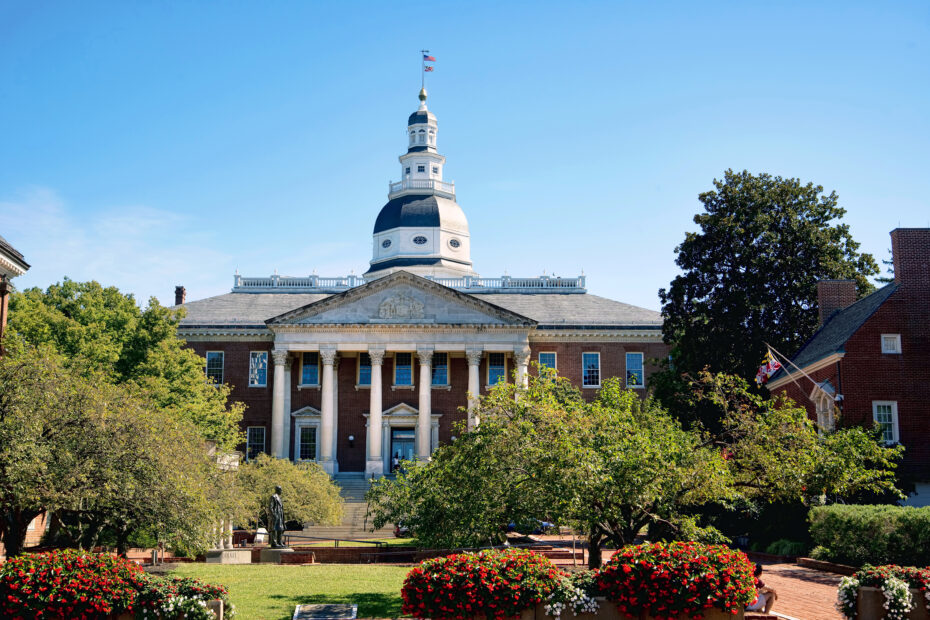In 2008, Maryland spearheaded mold licensure by passing the “Maryland Mold Remediation Services Act,” which would have required any company to obtain a state license and any employee offering mold remediation services to be certified. Due to various budget constraints, the bill was never implemented and eventually sunset in 2019. However, Delegate Shaneka Henson has been an avid proponent of passing new mold legislation for the last four years.
Henson was elected to the Maryland General Assembly in 2019 and has introduced mold-related legislation every year since. This year she introduced a trifecta of mold bills: HB 965, HB 972, and HB 976.
The first of the three bills was HB 965, which would have allowed individuals who own single and multifamily residential properties to obtain a tax credit on certain costs associated with mold remediation work performed on those properties. The bill has not had much movement since a hearing was held on March 2nd and appears to have died in the Ways and Means Committee.
The second bill, HB 972, would have expanded Maryland’s rent escrow statute to offer tenants relief for certain mold hazards in their dwelling units. Much like HB 965, this bill received a hearing back in February but has not moved from the Assembly’s Environment and Transportation Committee since.
The final of the three, HB 976, was a bill put through the legislative gauntlet. It began as a bill that would have required the Department of the Environment, in consultation with other government agencies, to adopt regulations that would establish uniform standards for mold assessment and remediation. By the time it passed the Maryland Senate, the bill had been completely changed.
On April 10th, 2023, the Maryland legislature officially passed Delegate Henson’s HB 976. Though amended from its original version, the Delegate’s push for mold-related legislation was successful. As amended, the bill creates a workgroup to study information on mold assessment and remediation to determine the best practices for identifying mold, preventing the development of mold within indoor environments, and remediating indoor moldy conditions harmful to public health.
This workgroup will potentially consist of experts in mold remediation, public health, and environmental safety. The amended language looks to include representatives from various organizations, including the Institute of Inspection, Cleaning, and Restoration Certification (IICRC).
The IICRC is excited to see that we are mentioned as a potential member of the workgroup, and hope to provide our knowledge and expertise on this topic to the other members. We also thank Delegate Henson for working so hard to address the mold issues facing the citizens in Maryland.
